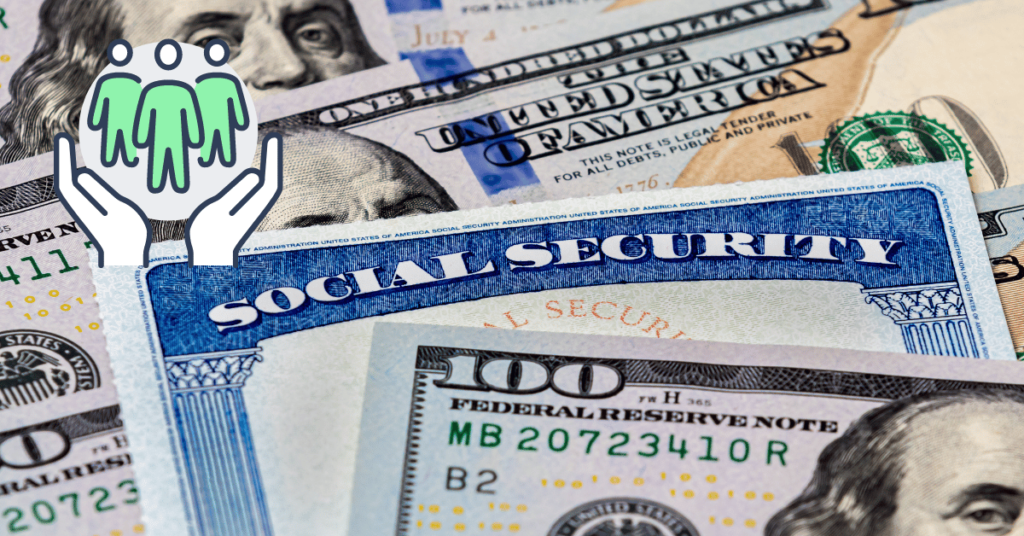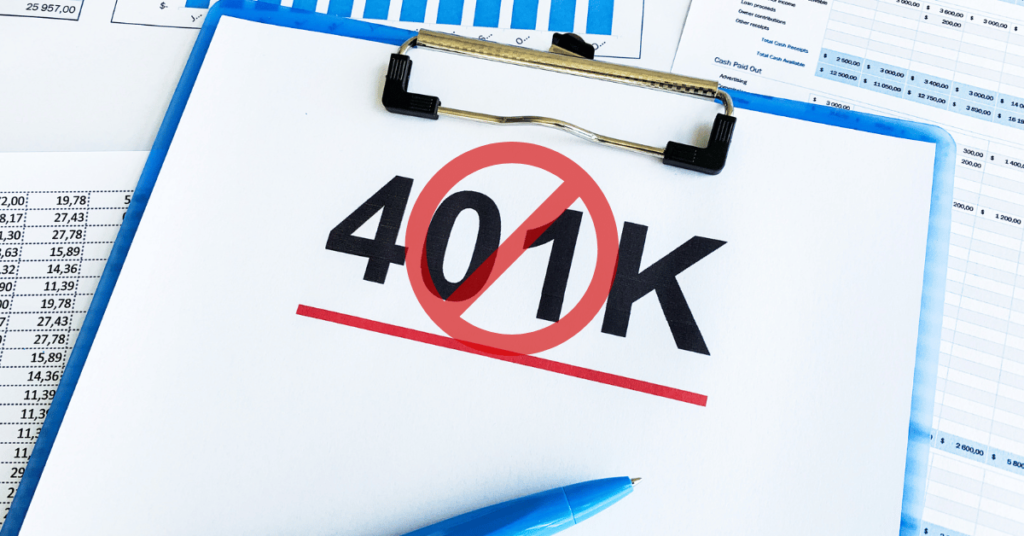Freelancing offers flexibility and independence, but it also presents unique challenges when it comes to retirement planning. Unlike traditional employees, freelancers do not have access to employer-sponsored retirement plans or predictable income streams.
This article will explore effective strategies for freelancers to navigate financial uncertainty and plan for a secure retirement.
Understanding the Freelance Landscape

The Rise of Freelancing
The gig economy has seen significant growth in recent years, with more individuals opting for freelance work. According to a 2022 survey by Upwork, around 36% of the U.S. workforce is engaged in freelancing, highlighting the need for tailored retirement strategies for this growing demographic.
Challenges for Freelancers
Freelancers face several financial challenges, including inconsistent income, lack of benefits, and difficulty in saving for retirement. Unlike salaried employees, freelancers must take proactive steps to ensure they are financially prepared for retirement.
Strategies for Retirement Planning

Establish a Dedicated Retirement Account
One of the first steps freelancers should take is to establish a dedicated retirement account. Several options are available:
- Individual Retirement Accounts (IRAs): Freelancers can contribute to traditional or Roth IRAs. For 2024, the contribution limit is $6,500 (or $7,500 for those over 50). Traditional IRAs allow for tax-deferred growth, while Roth IRAs offer tax-free withdrawals in retirement.
- Solo 401(k): A Solo 401(k) is an excellent option for self-employed individuals. It allows for higher contribution limits, enabling freelancers to save more for retirement. For 2024, the contribution limit is $22,500 (or $30,000 for those over 50), plus an additional profit-sharing contribution based on business income.
- Simplified Employee Pension (SEP) IRA: A SEP IRA allows freelancers to make larger contributions, up to 25% of their net earnings, with a maximum contribution limit of $66,000 for 2024.
Create a Budget and Emergency Fund
Budgeting is crucial for freelancers to manage their finances effectively:
- Track Income and Expenses: Keeping track of income and expenses will help freelancers understand their financial situation and identify areas for improvement. Using budgeting apps can simplify this process.
- Establish an Emergency Fund: An emergency fund can provide a financial cushion during lean periods. Aim to save three to six months’ worth of living expenses to help navigate income fluctuations.
Diversify Income Streams
Relying on a single source of income can be risky for freelancers. To mitigate financial uncertainty, consider diversifying income streams:
- Offer Multiple Services: Expand your skill set to offer a range of services that can attract different clients and generate more income.
- Passive Income Opportunities: Explore passive income options, such as creating online courses, writing e-books, or investing in dividend-paying stocks, to supplement freelance income.
Plan for Taxes
Freelancers are responsible for managing their taxes, which can be more complex than for traditional employees. Here are some tips:
- Set Aside Money for Taxes: Freelancers should set aside a portion of their income for taxes, ideally 25-30%, to avoid surprises during tax season.
- Consult a Tax Professional: Working with a tax professional can help freelancers navigate tax laws, deductions, and credits available to them.
Invest Wisely
Investing is a crucial aspect of retirement planning. Freelancers should consider the following:
- Start Early: The earlier you start investing, the more time your money has to grow. Even small contributions can add up over time.
- Educate Yourself on Investments: Understanding different investment options, such as stocks, bonds, and real estate, can help freelancers make informed decisions about their portfolios.
Seeking Professional Guidance
Freelancers may benefit from consulting with a financial advisor who specializes in working with self-employed individuals. An advisor can provide personalized strategies, help with investment choices, and offer guidance on tax implications and retirement savings.
Conclusion
Planning for retirement as a freelancer may seem daunting, but with the right strategies in place, it’s entirely achievable. By establishing dedicated retirement accounts, budgeting, diversifying income streams, planning for taxes, and investing wisely, freelancers can navigate financial uncertainty and build a secure retirement. Taking proactive steps now will pay off in the long run, ensuring a comfortable and fulfilling retirement.
If you have any further questions feel free to comment down below or contact retiresmart for any help!
FAQs
What retirement accounts are available for freelancers?
Freelancers can utilize Individual Retirement Accounts (IRAs), Solo 401(k) plans, and Simplified Employee Pension (SEP) IRAs to save for retirement.
How much should freelancers save for retirement?
Freelancers should aim to save at least 15% of their income for retirement, but the amount may vary depending on individual financial goals and circumstances.
Do freelancers need an emergency fund?
Yes, an emergency fund is crucial for freelancers to help cover expenses during periods of low income or unexpected financial challenges.
How can freelancers diversify their income?
Freelancers can diversify their income by offering multiple services, exploring passive income opportunities, and expanding their skill set.
Should freelancers work with a financial advisor?
Consulting a financial advisor can provide freelancers with personalized strategies, help them navigate retirement savings options, and ensure they are on track for a secure retirement.




